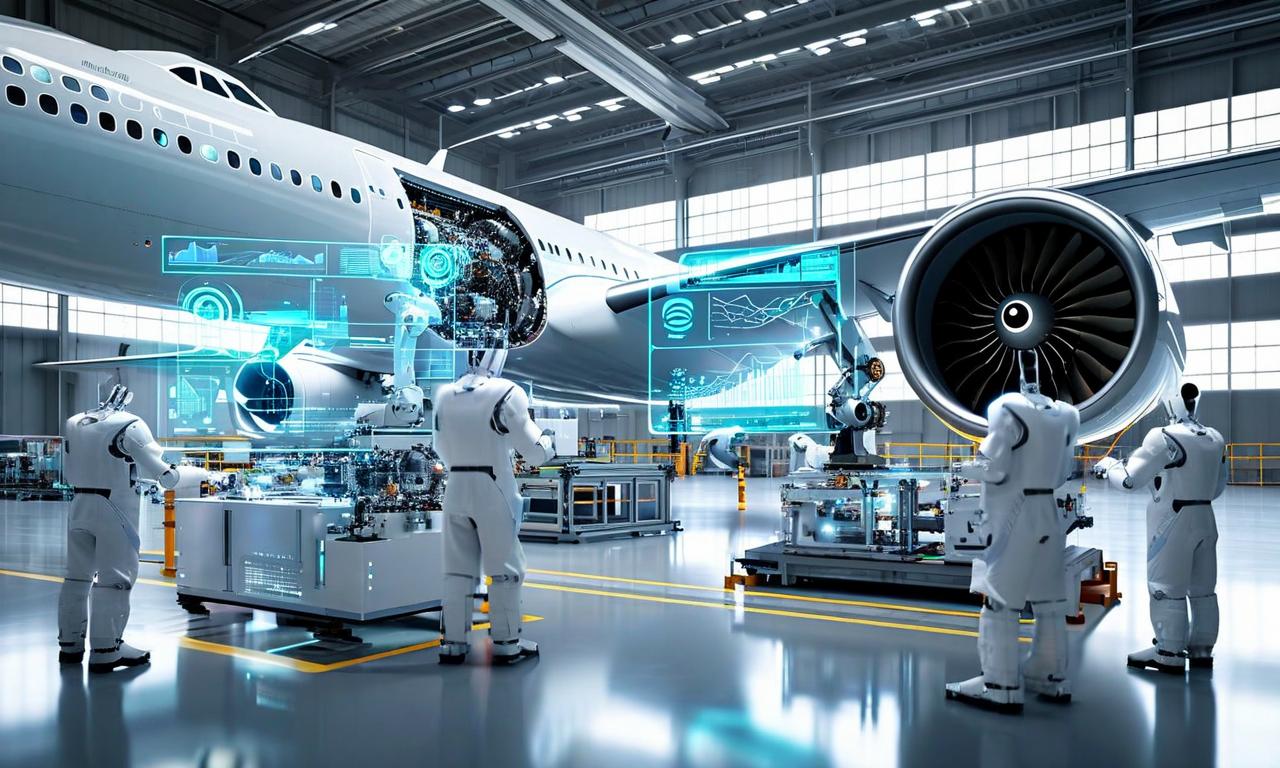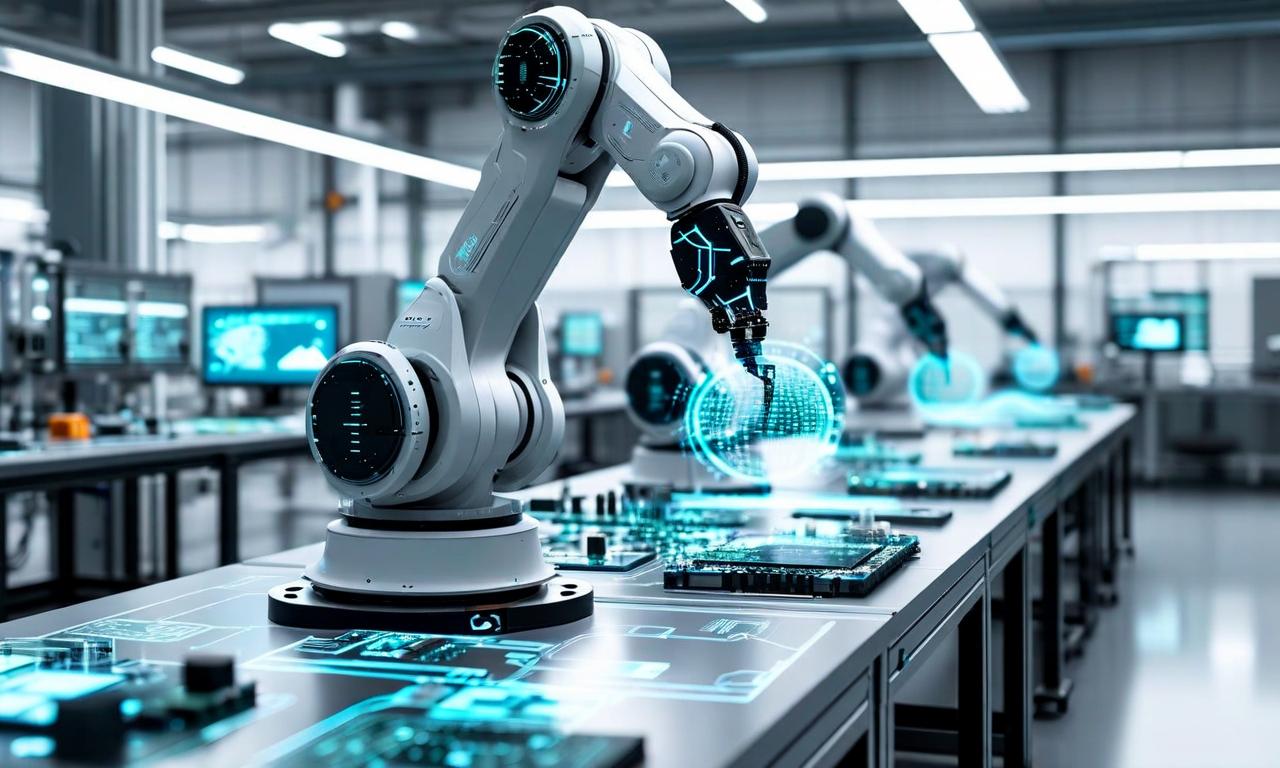TCS Unveils Chiplet-Based System Engineering Services to Boost Semiconductor Development
Tata Consultancy Services (TCS) has introduced chiplet-based system engineering services to accelerate semiconductor development. This strategic move aims to assist chip makers in creating faster and more efficient semiconductors using a modular approach. The chiplet technology offers advantages such as improved performance, enhanced efficiency, increased flexibility, and potential cost-effectiveness. This launch is significant as India's semiconductor market is expected to double by 2030, positioning TCS as a key player in the evolving global tech landscape.
*this image is generated using AI for illustrative purposes only.
Tata Consultancy Services (TCS), India's leading IT services provider, has announced the launch of innovative chiplet-based system engineering services aimed at accelerating semiconductor development. This strategic move comes as India's semiconductor market is poised for significant growth, with expectations to double by 2030.
Revolutionizing Chip Design
TCS's new offering is designed to assist chip makers in creating faster and more efficient semiconductors. The chiplet-based approach represents a paradigm shift in semiconductor design and manufacturing, potentially addressing some of the industry's most pressing challenges.
Chiplet Technology: A Game-Changer
Chiplets are smaller, modular components that can be combined to form larger, more complex chips. This approach offers several advantages:
- Improved Performance: By optimizing individual chiplets, manufacturers can achieve higher overall performance.
- Enhanced Efficiency: Chiplet-based designs can lead to more power-efficient semiconductors.
- Increased Flexibility: Modular design allows for easier customization and upgrades.
- Cost-Effectiveness: By focusing on smaller components, manufacturers can potentially reduce production costs and improve yields.
Implications for India's Semiconductor Industry
The introduction of these services by TCS is particularly significant given the projected growth of India's semiconductor market. As the country aims to establish itself as a global hub for chip design and manufacturing, such innovative services could play a crucial role in attracting investments and fostering technological advancements.
TCS: Driving Innovation in Tech Services
This latest offering from TCS underscores the company's commitment to staying at the forefront of technological innovation. By providing cutting-edge services in semiconductor development, TCS is positioning itself as a key player in the rapidly evolving global tech landscape.
As the demand for more sophisticated and efficient chips continues to grow across various sectors, including automotive, consumer electronics, and artificial intelligence, TCS's chiplet-based system engineering services could prove to be a valuable resource for semiconductor companies looking to gain a competitive edge in the market.
The move also aligns with India's broader push to enhance its capabilities in high-tech manufacturing and reduce dependence on imports in critical sectors like semiconductors.
The success of TCS's new services could have far-reaching implications for the future of semiconductor design and manufacturing, both in India and globally.



































